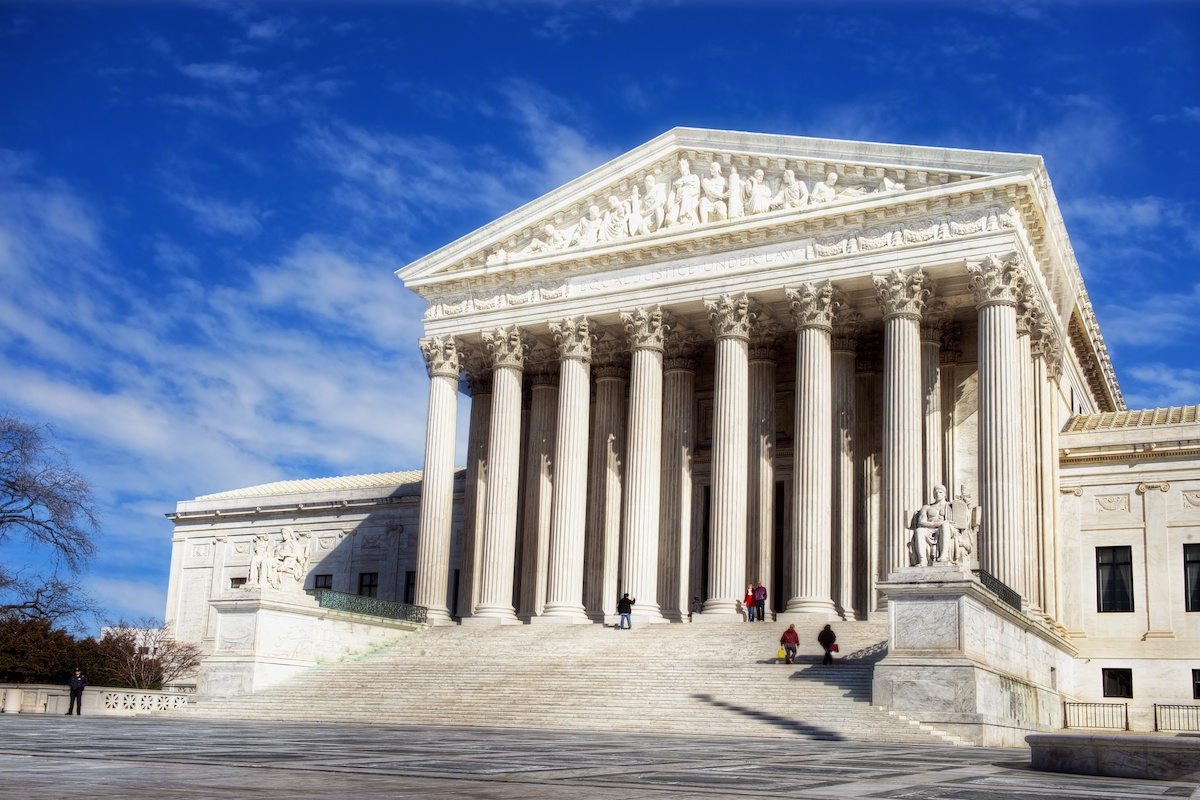Last night the Senate confirmed the nomination of Amy Coney Barrett to the Supreme Court, thus filling Ruth Bader Ginsburg’s vacant seat. Conservative constitutionalist Justice Clarence Thomas swore in Barrett, a symbolic gesture of the new justice’s constitutionalist credentials.
It’s doubly significant that Barrett’s confirmation comes just a week before Election Day, which is next Tuesday, 3 November 2020. Nothing speaks more powerfully to conservatives about the importance of the Trump presidency than the President’s three conservative appointments to the Court.
ACB seems to be the most conservative of Trump’s appointees yet, which is a major victory for the Right. Replacing the arch-progressive RGB with a conservative Catholic mother of seven should energize even the logiest of Republican squishes to pull the lever for Trump next Tuesday.
Recapturing the Court from progressives has been a conservative fantasy since at least Roe v. Wade, and really even earlier. It’s taken anywhere from fifty to eighty years for conservatives to hold a decisive majority on the Court—easily a lifetime of patient political campaigning and faithful prayer.
With Democrats threatening to pack the Courts if they win the presidency and Congress, conservatives can’t rest on our laurels just yet. We’ve got to get Trump reelected next week—and Republicans to take back the House and retain the Senate.
For South Carolinians, we must vote for Lindsey Graham next week, too. I know he has not always been the most reliable conservative, but the Kavanaugh confirmation process red-pilled him big time. He’s also the head of the Senate Judiciary Committee, and is responsible for getting Barrett—and dozens upon dozens of federal and appellate judges—out of committee and to a floor vote. We cannot afford to lose that conservative influence at this critical juncture.
Justice Thomas is getting on in his years; we need a reliable conservative to replace him. But there are progressive justices also approaching their expiration dates. Justice Stephen Breyer is 82. Respectable retirement can’t be far off for him. Replacing Breyer would truly cement a conservative majority for a lifetime.
For now, congratulations to Justice Amy Coney Barrett. Do us proud!

Tip The Portly Politico
Support quality commentary on politics, education, culture, and the arts with your one-time donation.
1.00 $







